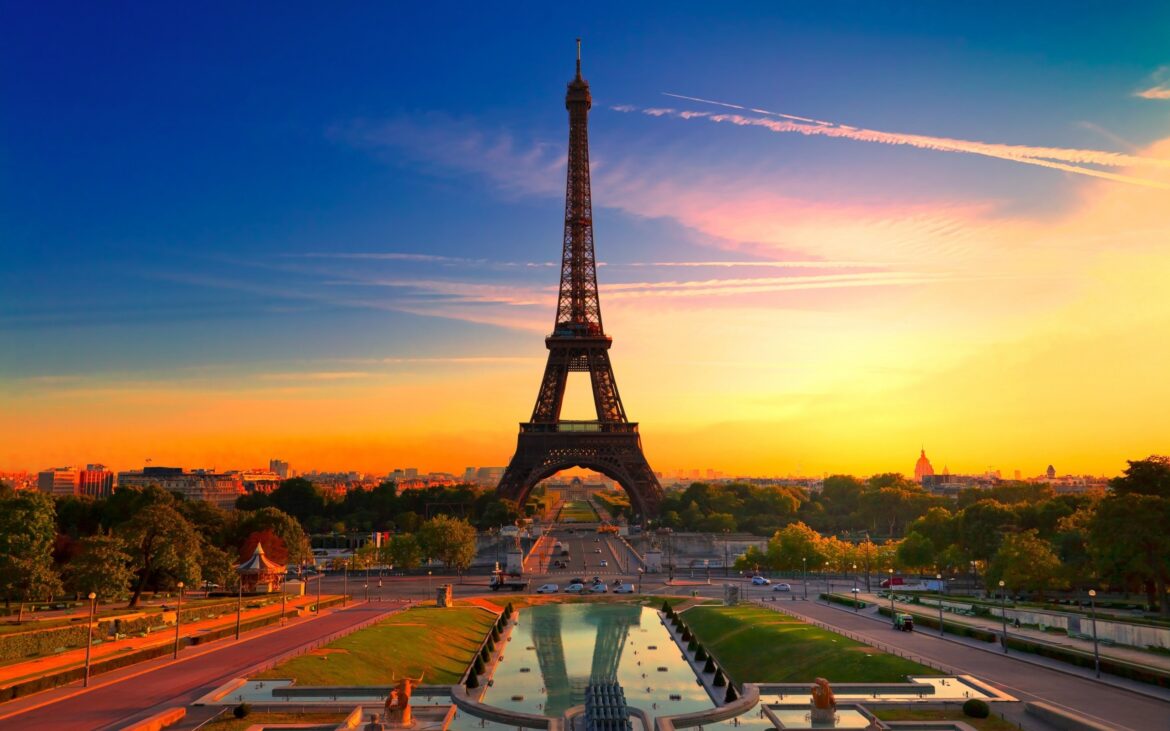When one contemplates the question of whether France is a Catholic country, a playful question emerges: can a nation steeped in a history of Catholicism truly reconcile its identity with the principles of modern secularism? This quandary invites not just a historical exploration but also a theological and sociocultural examination that reveals the complexities of France’s relationship with religion.
To begin, one must recognize that France and the Catholic Church share a rich and often tumultuous history. From the time of Clovis, the first king of the Franks who embraced Christianity in the 5th century, to the establishment of the Kingdom of France as the “eldest daughter of the Church,” the intertwining of national and religious identity has been profound. The majestic cathedrals that dot the French landscape, such as the iconic Notre-Dame de Paris, stand as monuments to France’s devotion to Catholicism. However, the reality of contemporary France is considerably more nuanced.
As the Enlightenment swept through Europe in the 18th century, a burgeoning spirit of rationalism and individualism began to confront the authority of the Church. The French Revolution marked a critical juncture, effectively severing the ties between the state and the Church. The French populace, in their quest for liberty and equality, sought to dismantle the power structures that had long defined their lives. This led to the establishment of laïcité, a form of secularism that stipulates the separation of church and state. Such a framework has left an indelible mark on French society, raising questions about the nature of public life and religious expression.
Fast forward to the present day, and one encounters a nation where, according to various surveys, approximately 60-70% of the population identifies as Catholic. However, it is critical to scrutinize what this identification signifies. Among self-identified Catholics, regular participation in the sacraments, particularly the Eucharist, has dwindled significantly. Many individuals embrace a cultural rather than a spiritual affiliation with Catholicism, often participating in traditions such as Christmas and Easter more out of familial obligation than fervent belief.
This phenomenon prompts contemplation regarding the evolution of religious identity in an increasingly secular landscape. The ensuing challenge lies in addressing whether the self-identification as Catholic has any substantive impact on the moral and ethical frameworks that guide behavior in a heavily secularized society. Are the values traditionally associated with Catholicism still relevant in shaping the lives of the modern French citizenry?
In exploring this question, one must consider the implications of secularism on French identity. The rise of secular values, which champion equality and freedom of thought, has transformed societal norms and expectations. In public life, discussions about faith can often feel like navigating a minefield, as secularism cultivates an environment where religious expression may be viewed with skepticism. Incidents surrounding the Islamic headscarf and bearded men in public spheres have revealed a complex dance between rights and perspectives. In this light, one wonders—does the Church remain a relevant voice in an arena where secularism holds sway?
Beyond ideological constructs, the impact of immigration on the religious landscape in France cannot be overlooked. The arrival of diverse religious communities, particularly from Muslim-majority countries, challenges the traditionally Catholic framework. This mosaic of faiths redefines the notion of “French identity”—is it static or does it evolve? Such an interplay between different religious narratives necessitates a broader dialogue about coexistence, mutual respect, and the potential for a pluralistic society. It reminds us that while France grapples with its Catholic roots, it simultaneously dances with the realities of a multi-faith demographic.
The question of whether France is indeed a Catholic country elicits varied responses, not only from theologians and historians but also from the populace itself. Some may argue that France’s cultural fabric is irrevocably woven with Catholicism, evidenced by its art, literature, and traditions. Others posit that the secular ideals enshrined in law and public education have eclipsed religious influence, rendering traditional Catholicism an artifact of the past.
In examining these divergent perspectives, one must grapple with the reality that faith is a deeply personal journey. Individual pilgrims navigate a landscape marked by historical legacies, contemporary experiences, and personal revelations. This vibrant tapestry is reflective of the larger question of belonging—what does it mean to belong to a nation with a Catholic heritage, while grappling with the distinct challenges posed by modern secularism?
Ultimately, the inquiry into the Catholic identity of France serves not merely to elicit a binary answer but to provoke deeper reflection on faith’s role in the public square. What challenges lie ahead for a society that seeks to honor its historical roots while ensuring inclusivity for diverse beliefs? As France continues to navigate this complex terrain, the interplay between religious identity and secular values will undoubtedly shape its future, making this question as pertinent as ever.
In conclusion, examining the essence of France through the lens of its Catholic identity amid the tides of modern secularism encourages a dialogue that transcends simplistic categorization. The rich history, coupled with contemporary realities, illustrates a nation continually evolving, wherein faith and secularism can coexist, albeit with the ongoing challenge of understanding and acceptance. As one reflects on this multifaceted narrative, the question remains: how might those who identify as Catholic in France contribute to the nation’s diverse religious conversation, and in what ways can the enduring values of the Church inform a collective future?



